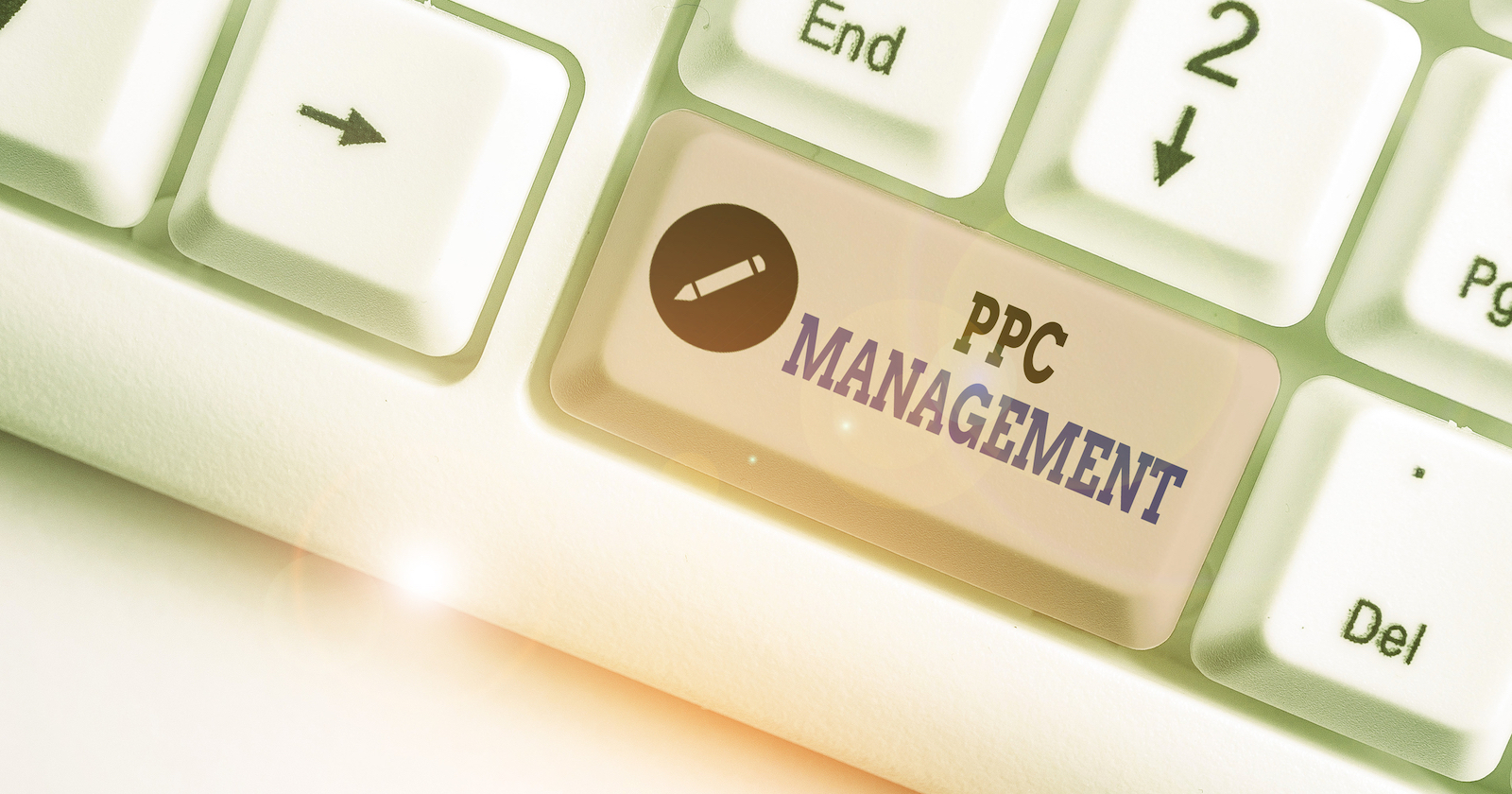Over the past weeks, we’ve seen major economic changes due to the coronavirus and associated lockdowns.
Consequently, some companies are reluctantly letting go of their pay-per-click (PPC) marketing agencies and bringing those responsibilities back in-house.
In other cases, companies are making cuts to their marketing teams and shuffling responsibility for PPC to other team members.
Whatever the cause, many experienced marketers – who haven’t been hands on with PPC for many years – are now finding themselves with that responsibility again.
These marketers are now scrambling to get back up to speed.
If you find yourself in that situation, here are some dos and don’ts to help you get your footing.
1. Do Get Lean
Start by taking steps that will make managing these accounts simpler and easier.
Look at Your Ad Schedules
If your company currently has ads turned on all the time, it’s not a bad idea to tighten these schedules until you get a handle on things.
Reduce schedules to those days and times that are your best bets.
For example, you may want to stop running ads on weekends if those are historically less productive.
Tightening up these schedules can also help alleviate pressure to monitor these accounts 24/7.
Turn Off Broad Match Keywords to Limit Your Ad Spend
Or limit broad match only to hot revenue producing campaigns rather than development focused campaigns.
Again, this will help to alleviate pressure and keep spending under tighter control.
Tighten up Location Targeting
Again, this is the time to focus on your best bets and keep things simple – at least until you get a better handle on things.
2. Do Act Fast
This is not the time to ease into things slowly.
An unmonitored PPC account can experience unpredictable upticks in spend quickly.
So make a habit of checking your ad spend daily and getting on it right away.
And by daily, I do mean daily – even if it’s just a quick peek.
You never know when Google’s algorithms will throw things out of whack.
Alternatively, you can set up a daily budget tracking script.
This will save you from having to log your account every day to take a look.
You may also want to lower your daily budget for peace of mind.
Remember, even if you set your daily ad budget to maximum $100 (as a simple example), you can, in practice, spend more than that each day.
In case you missed it, in 2017 Google Ads changed its rules so that your campaigns can spend up to twice your average daily budget.
The “max daily budget” is now calculated over the course of a month, not day by day.
You won’t go over your monthly charging limit (which is the average number of days in a month multiplied by your average daily budget), but you might go over your daily limit on certain days.
If all this makes you nervous, consider lowering your daily ad budget from $100 (for example) to $75.
3. Don’t Expect Exact Match to Be Exact
Depending on when you last had your hands on a PPC account, you may still think of “exact match” (as a Google Ads keyword matching option) as exactly that – an exact match.
In other words, a match has to include the specified keywords, only those words and in the same order for an exact match to be made.
Ah, the good ‘ole days!
Unfortunately, this is no longer the case.
Google has updated its exact match rules to allow close variants.
Those variants allow for changes in word order or slight variations in spelling.
And since September 2018, exact matches now allow for keyword variations that share the same meaning.
(If you’re looking for a more in depth examination of this topic, Melissa Mackey has a great article about it: Close Variants Are Like Click Fraud – Here’s Why.)
4. Do Ask for Help
Does all this sound overwhelming?
Consider reaching to your former agency for help.
Sure, you may not be able to hand the controls over to them like before but perhaps you can work out a bare-bones arrangement.
After all, the current economic climate is very fluid.
Some PPC agencies might be happy to take on new or former clients with modified work arrangements.
5. Don’t Panic
As you’re relearning to manage these accounts, expect to get some surprises.
You may see a particularly large daily ad spend.
Or you may identify campaigns that look like total duds.
But whatever you encounter, resist the urge to panic.
Maybe you simply need to adjust down your budget to cope with how Google manages daily budgets and to keep things more comfortable.
And maybe that dud of a campaign isn’t a dud at all.
Do some digging, and you may find there’s an issue at the group or keyword level that you can fix.
So when these kinds of things come up, take a deep breath and do some digging.
Base your decisions on data, not gut reactions.
Otherwise, you might just make things worse.
6. Don’t Shut Down Your PPC Account
Given everything I’ve written here so far, you might be tempted to shut down your company’s PPC account to avoid all the hassle.
That would be a bad idea.
At a minimum, you’ll miss out on Google’s $340 million ad credits program.
This program will give ad credits to all small and medium size businesses that have had active accounts over the past year. (Although admittedly, some of the details of this program remain murky.)
At worst, you’ll set your company and its PPC program back significantly.
You’ll not only miss out on new opportunities, you’ll also open the door to your competitors.
Further, when you eventually reopen the account, you might find yourself with a massive clean-up job, lower click volumes and higher costs per click.
(In theory, you shouldn’t experience higher costs per click when you reopen a closed account.
But in practice, it’s something we see again and again with client accounts.)
7. Do Stay Positive
Depending on the industry you’re in, things might look dire.
But remember, our current situation won’t last forever – and hopefully, you’ll be able to get back to working with your agency or grow your marketing team again soon.
In the meantime, use these dos and don’ts to keep your sanity and stay the course.
More Resources:
- 5 Tips for Managing PPC During the Coronavirus Outbreak
- When Clients Pause PPC: 5 Survival Tips for Marketers
- 7 Signs Your PPC Program Is Being Mismanaged
Image Credits
Featured Image: Dreamstime.com





